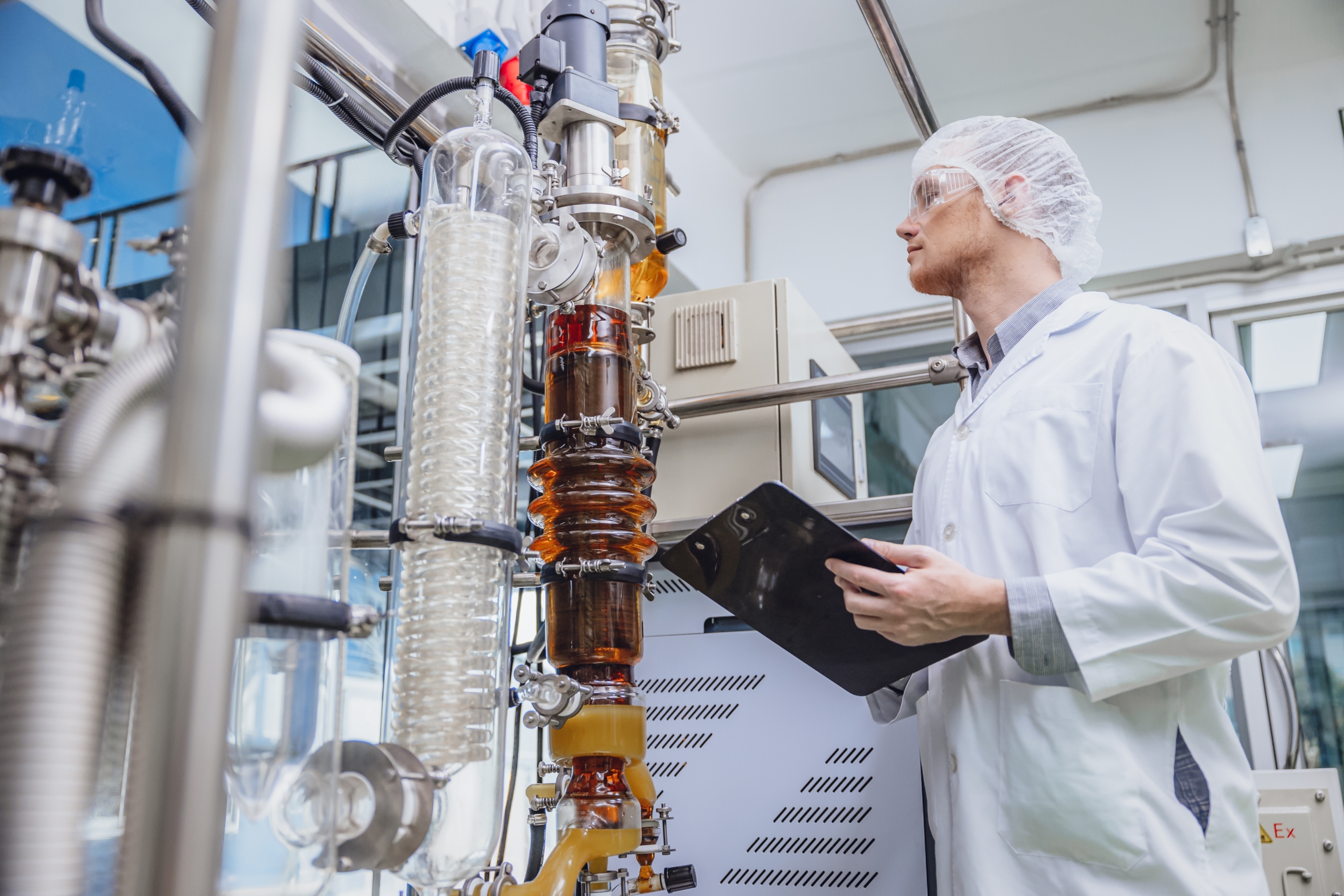Choosing the Right Lab Relocation Partner
Relocating a laboratory is no small task. From sensitive equipment to critical timelines, every detail must be managed with precision. Choosing the right lab relocation partner is crucial to ensuring a smooth transition that minimizes downtime and avoids costly errors. Here, we’ll explore what a lab relocation partner does, why selecting the right one is vital, and how to make the best choice for your unique needs.
What is a Lab Relocation Partner?
A lab relocation partner is a specialized service provider that assists in planning and executing laboratory moves. Their responsibilities often include:
- Assessing the scope of the relocation project.
- Developing a comprehensive relocation plan.
- Safely packing, transporting, and unpacking equipment.
- Managing regulatory compliance.
- Minimizing operational disruptions.
Unlike general movers, lab relocation service partners have expertise in handling scientific equipment, hazardous materials, and temperature-sensitive samples.
Why is Choosing the Right Lab Relocation Service Partner So Important?
The right lab relocation service partner can make or break your move. Here’s why this decision is so critical:
Protecting Valuable Equipment
Laboratory equipment is often highly specialized and expensive. Improper handling during relocation can lead to costly damages or calibration issues.
Ensuring Compliance
Labs must adhere to strict regulatory requirements. A knowledgeable partner ensures your move complies with local, state, and federal guidelines.
Reducing Downtime
Time is money, especially for laboratories involved in research or production. An experienced partner minimizes downtime, helping you return to full operations quickly.
Managing Complex Logistics
Relocating a lab involves intricate logistics, such as coordinating timelines, managing cold chain logistics, and navigating laboratory relocation challenges. An expert partner handles these complexities seamlessly.
What to Look for in a Relocation Service Partner
When selecting a lab relocation partner, consider these key factors:
Experience and Expertise
Choose a provider with proven experience in lab relocations. They should have expertise in handling your specific type of lab, whether it’s a research lab, clinical lab, or production facility.
Comprehensive Services
Look for a partner that offers end-to-end solutions, including planning, packing, transport, and reinstallation.
Safety Protocols
The partner should prioritize safety, adhering to strict protocols for handling hazardous materials and fragile equipment.
Track Record
Research the company’s reputation. Customer testimonials and case studies can provide valuable insights into their reliability and performance.
Regulatory Knowledge
Ensure the partner is well-versed in regulatory compliance, including OSHA and EPA requirements.
Questions to Ask Potential Lab Relocation Partners
Q: Before committing to a relocation partner, ask these essential questions:
Q: What is your experience with lab relocations? Ensure they have a solid track record in handling lab moves similar to yours.
Q: What safety measures do you follow? Verify their protocols for safely transporting hazardous materials and delicate equipment.
Q: How do you minimize downtime? Ask about their strategies for efficient planning and execution.
Q: Do you provide customized relocation plans? The best partners tailor their approach to your lab’s unique requirements.
Q: Can you handle cold chain logistics? If your lab deals with temperature-sensitive materials, confirm their expertise in this area.
Understanding the Lab Relocation Process
While it may seem like simply moving equipment from one place to another, lab relocation is a multifaceted process that requires careful planning and execution. Here’s a glimpse into the key stages involved:
- Assessment and Planning: This initial phase involves a thorough assessment of your current lab setup, including equipment inventory, hazardous materials, and specific requirements for sensitive items. A detailed relocation plan is then developed, outlining timelines, resource allocation, and contingency measures.
- Decommissioning and Packing: Specialized equipment often requires careful decommissioning before it can be moved. This might involve disconnecting power sources, securing moving parts, and preparing delicate instruments for transport. Packing is done using specialized materials and techniques to ensure the protection of valuable and sensitive equipment.
- Transportation and Handling: Transportation is a critical stage where specialized vehicles and trained personnel ensure the safe and secure movement of lab equipment. Climate control, shock absorption, and proper handling techniques are essential to prevent damage during transit.
- Reinstallation and Calibration: Once at the new location, equipment is carefully reinstalled and calibrated to ensure it functions correctly. This stage may involve reconnecting to utilities, testing functionality, and verifying compliance with safety regulations.
- Ongoing Support: A reliable lab relocation partner provides ongoing support even after the physical move is complete. This may include assistance with equipment maintenance, calibration services, and addressing any unforeseen issues that may arise.
By understanding these key stages, you can better appreciate the complexities involved in lab relocation and the importance of choosing a qualified and experienced partner.
How Relocation Strategies is Here for Your Lab Move
At Relocation Strategies, we understand the complexities of laboratory relocations. Our team specializes in providing safe, efficient, and compliant relocation services tailored to your needs. Here’s what sets us apart:
- Experience: Decades of expertise in relocating labs of all sizes and industries.
- Comprehensive Services: From initial planning to final setup, we handle every aspect of your move.
- Specialized Knowledge: Expertise in food processing plant relocation, cold chain logistics, laboratory relocation challenges, and much, much more!
- Customer Focus: A dedicated team committed to ensuring a seamless transition for your lab.
Relocate Your Lab With Ease
Relocating a lab doesn’t have to be stressful. With the right lab relocation partner, you can move safely, efficiently, and confidently. At Relocation Strategies, we’re here to guide you every step of the way.
Contact us today to learn more about our lab relocation services and how we can support your next move. Reach out to us now to get started!

